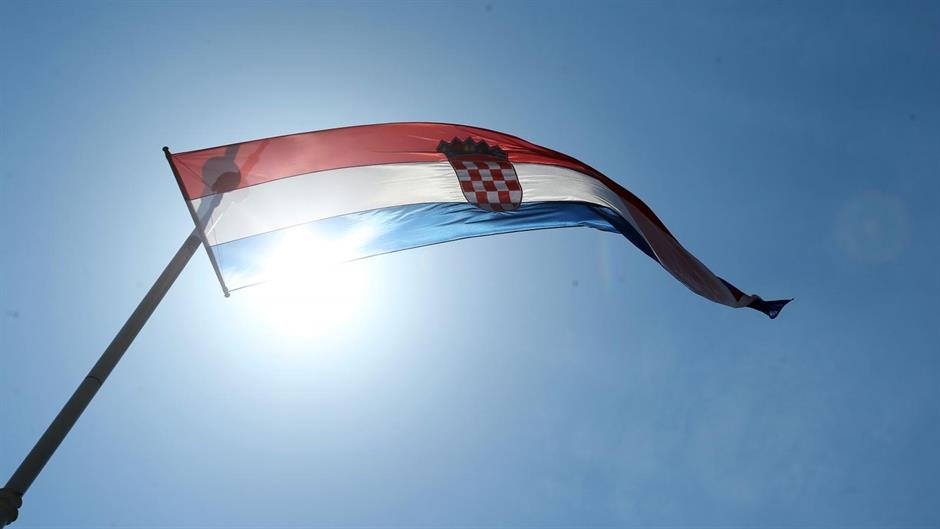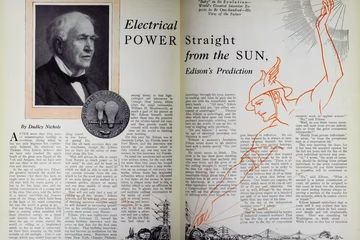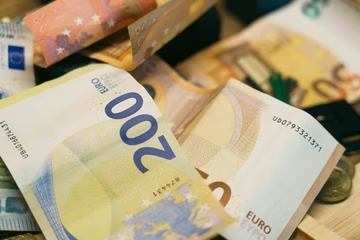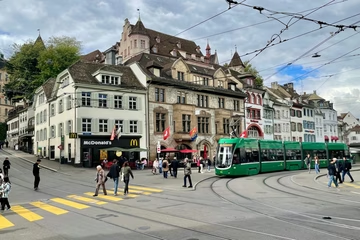
Croatia has a constitutional obligation to care for Croats in Bosnia, Croatia's Foreign Affairs Ministry said on Saturday in response to a letter three former international administrators in Bosnia wrote to the EU, demanding that Croatia stops meddling in Bosnia's internal affairs.
Paddy Ashdown, Christian Schwarz-Schilling and Carl Bildt expressed concern over Croatia’s claim that the newly elected Croat member of Bosnia’s tripartite Presidency, left-leaning Zeljko Komsic, is not a legitimate representative of the ethnic group because he won thanks to Bosniak votes, while the numerically inferior Croats in Bosnia had voted for another candidate to represent them.
Croatia lobbied in Brussels intensively, asking the EU to force Bosnia to change its election law and allow each of the three groups living there to elect their own representatives.
The ruling party in Croatia is currently the Croatian Democratic Union (HDZ), and it has a sister party in Bosnia. The leader of Bosnia’s HDZ, Dragan Covic, was defeated by Komsic.
Croatia's Ministry of Foreign and European Affairs released a statement saying that Croatia signed Bosnia’s peace agreement, shares a long border with Bosnia and has a constitutional obligation to take care of Croats living in the neighbouring country.
It is therefore not meddling in Bosnia’s internal affairs but fulfilling its constitutional obligations while respecting the sovereignty and territorial integrity of Bosnia and Herzegovina as well as its constitutional order, the statement said.
The 1995 Dayton Peace Agreement and the Bosnian Constitution “define Bosnia and Herzegovina as a state composed of two entities and three equal constitutional peoples, as well as others,” the ministry said.
“Unfortunately, the constitutional peoples, partly because of decisions by some High Representatives, are currently not equal, which is a reason for concern and can damage the functionality and stability of Bosnia and Herzegovina,” it said.
The High Representative is appointed by the international community to monitor the civilian implementation of the Dayton Peace Agreement, which ended the 1992-1995 war in Bosnia.
The last example of inequality, the statement said, was the October election for members of the country’s presidency when Bosniaks for the third time elected the Croat member.
“Therefore, as opposed to the other two constitutional peoples, Croats again do not have their legitimate representative in the Presidency of Bosnia and Herzegovina,” although one candidate had received 80 per cent of their votes, the Croatian ministry said, referring to results showing that Covic won the vast majority of votes in Croat majority areas of Bosnia.
It added that such a “paradox” was not in the spirit of the Dayton Peace Agreement as well as Bosnia’s Constitutional Court.
Bosnia’s respect for the rule of law will be again tested soon when the country starts forming its upper house of the Parliament as the Constitutional Court has annulled parts of the Election Law that had violated the principle of equal and legitimate representation of Bosnia’s constituent nations, it said.
That is why the ministry said it is of utmost importance that Bosnia’s institutions ensure equality and legitimacy when filling the House of Peoples.
“Every other solution would be a grave breach of the rule of law and denial of the Dayton Peace Agreement with very negative consequences,” it warned.
Kakvo je tvoje mišljenje o ovome?
Učestvuj u diskusiji ili pročitaj komentare





 Srbija
Srbija
 Hrvatska
Hrvatska
 Slovenija
Slovenija



























































